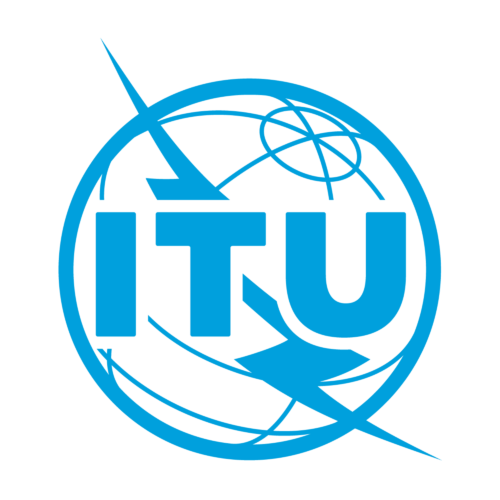ITU
International Telecommunication Union

The International Telecommunication Union (ITU) was founded in 1865 in Paris as the International Telegraph Union. The 1932 Madrid Plenipotentiary Conference decided the current name, which came into force on 1 January 1934. The ITU is an inter-governmental organization that brings together governments and industry to coordinate the establishment and operation of global telecommunication networks and services.
The purposes of the Union are to:
- Extend international cooperation among Member States for the improvement and rational use of telecommunications of all kinds.
- Promote and enhance participation of entities and organisations in the activities of the Union and foster cooperation and partnership between them and Member States.
- Promote and offer technical assistance to developing countries in telecommunications.
- Promote the development of technical facilities and their most efficient operation.
- Promote the extension of the benefits of information and communication technologies to all the world's inhabitants.
- Promote the use of telecommunication services with the aim of facilitating peaceful relations.
- Harmonise the actions of Member States and promote cooperation and partnership between Member States and sector members.
- Promote internationally a broader approach to telecommunications issues by cooperating with other inter-governmental organisations and those non-governmental organisations concerned with telecommunications.
The Union pursues its objectives by means of :
- Promoting international cooperation in the delivery of technical assistance to developing countries.
- Policy papers and reports designed to provide a focus on topics of current interest the regulators, policy-makers and the broader ITU membership.
- Global coordination of radio frequency spectrum usage and orbital satellite positions, and the adoption of international regulations and treaties governing all uses of the frequency spectrum within which countries frame their national legislation.
- Adopting technical standards that foster global inter-connectivity and inter-operability with as low rates as possible, consistent with efficient service.
- Policy advice and technical assistance to developing countries.
- Measures for ensuring the safety of life, particularly in the aftermath of natural disasters.
- Promoting preferential and favourable lines of credit for the development of social projects aimed at extending telecommunication services to the most isolated areas.
The Union's current areas of focus are :
- Developing infrastructure for information and communication technologies (ICTs) to connect under-served and remote communities.
- Building cybersecurity and confidence in online transactions with a focus on protecting children online.
- Promoting ICTs as an aid to combat climate change
- Strengthening emergency telecommunications
- Facilitating implementation of the outcomes of the World Summit on the Information Society.
Links & attachments
- Official Website
- Please note some attachments are only available to UNGIS members.